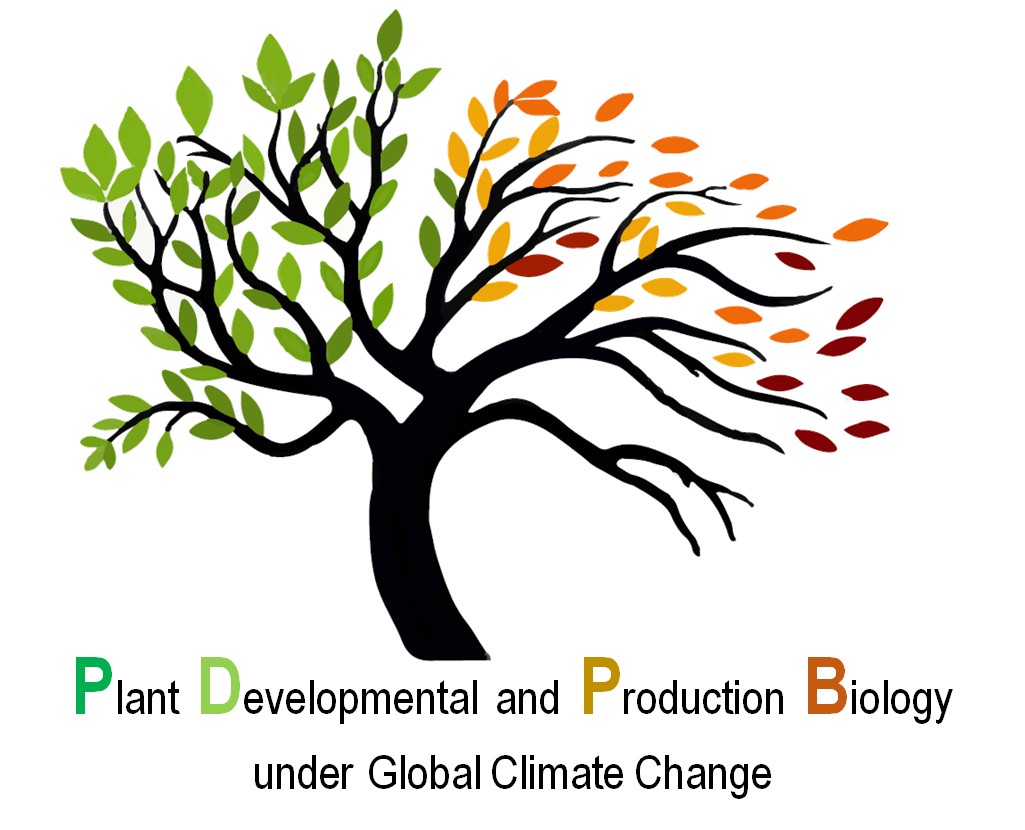| |
|
The role of organic nitrogen source in plant nutrition
|
| |
|
Bělonožníková K [a], Černý M [b], Hýsková V [a], Valcke R [c], Synková H [d], Hodek O [e], Křížek T [e], Kavan D [a], Schnablová R [d, f], Ryšlavá H [a]
|
| |
|
|
| |
|
[a] Department of Biochemistry, Faculty of Science, Charles University, Hlavova 2030, CZ-128 43 Praha 2, Czech Republic
[b] Laboratory of Plant Molecular Biology, Institute of Biophysics AS CR, v.v.i. and CEITEC — Central European Institute of Technology, Mendel University in Brno, Zemědělská 1, CZ-613 00 Brno, Czech Republic
[c] Molecular and Physical Plant Physiology, Faculty of Sciences, Hasselt University, Agoralaan building D, 3590, Diepenbeek, Belgium
[d] Institute of Experimental Botany, Academy of Sciences of the CR, Rozvojová 313, CZ-165 02 Praha 6, Czech Republic
[e] Department of Analytical chemistry, Faculty of Science, Charles University, Hlavova 2030, CZ-128 43 Praha 2, Czech Republic
[f] Institute of Botany of the CAS, v. v. i., Zámek 1, 252 43 Průhonice, Czech Republic
|
| |
|
|
| |
|
Despite of plant mineral nutrition being a well-studied topic, organic forms of nitrogen (N) for plants has not received enough attention as a part of sustainable agriculture and environmental protection. Soil contains organic-bound N such as proteinous and non-proteinous amino acids, nucleotides, and their polymers including proteins above 100 kDa. In this project, tobacco plants were grown in vitro with inorganic (ammonium, nitrate), organic (casein in the form of protein or hydrolysate), mixed (nitrate and casein hydrolysate) and no source of N. Mainly, we focused on the metabolomic and proteomic approach to elucidate differences in tobacco metabolism caused by different availability of N. We found out that casein hydrolysate positively stimulated plant growth while as a protein, the plants’ growth parameters corresponded with the plants grown with no N source. Although, certain peptidases, e.g. amidase, aspartic peptidase, cysteine peptidase were upregulated in the tobacco roots grown with protein in comparison with the other experimental groups. The organic N also influenced the content of metabolites of the TCA cycle, saccharides and nucleotides distribution. Tobacco plants accumulated mainly aromatic, branched chain and basic amino acids from casein hydrolysate.
|
| |
|
|
| |
|
This work was supported by Charles University (SVV260427/2017). |
|

